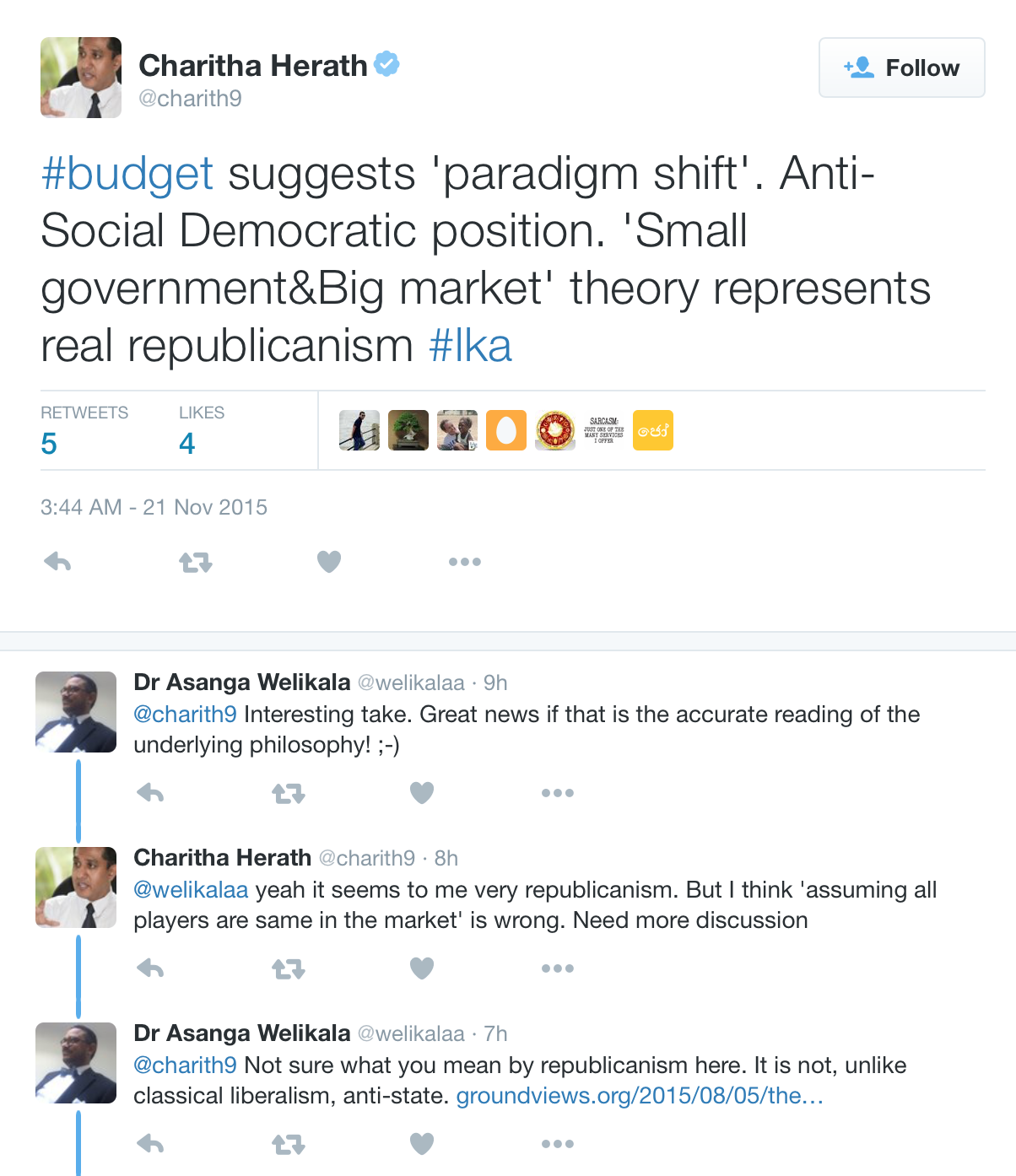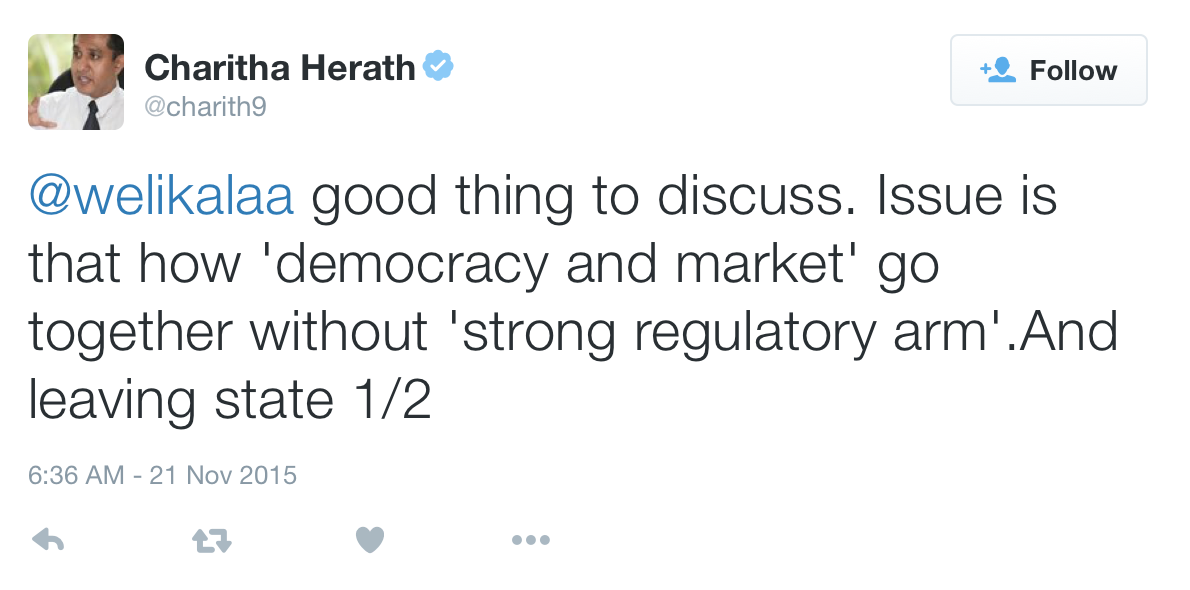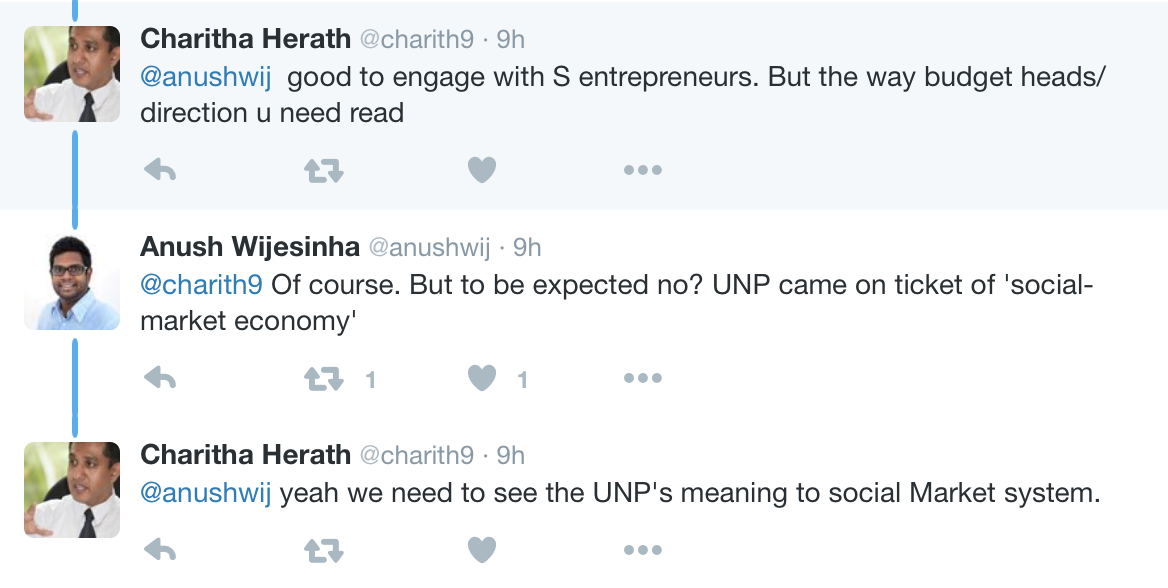 පශ්චාත් නූතන භූගෝල විද්යාවේ කේන්ද්ර්රීය චින්තකයෙකු වූ එඩ්වඩ් සෝජාගේ අභාවය මුල් කරගනිමින් සටහනක් ලියන්නට සිතුවෙමි. සෝජාගේ තිරණාත්මක බුද්ධිමය එකතු කිරීම් අතරින් වැදගත් සම්මාදමක් වන්නේ Postmodern Geographies the Reassertion of Space in Critical Social Theory කෘතියයි. එහිදී ඔහු ඉදිරිපත් කළ අදහස් එම විෂය ගැන ලියවී ඇති විශිෂ්ඨතම ඒවා ලෙස පිළිගනී. සෝජාගේ අභාවය වෙනුවෙන් ඉහත කෘතිය පිළිබදව කරුණු කීපයක් ලිවීම සුදුසු යැයි සිතමි.
පශ්චාත් නූතන භූගෝල විද්යාවේ කේන්ද්ර්රීය චින්තකයෙකු වූ එඩ්වඩ් සෝජාගේ අභාවය මුල් කරගනිමින් සටහනක් ලියන්නට සිතුවෙමි. සෝජාගේ තිරණාත්මක බුද්ධිමය එකතු කිරීම් අතරින් වැදගත් සම්මාදමක් වන්නේ Postmodern Geographies the Reassertion of Space in Critical Social Theory කෘතියයි. එහිදී ඔහු ඉදිරිපත් කළ අදහස් එම විෂය ගැන ලියවී ඇති විශිෂ්ඨතම ඒවා ලෙස පිළිගනී. සෝජාගේ අභාවය වෙනුවෙන් ඉහත කෘතිය පිළිබදව කරුණු කීපයක් ලිවීම සුදුසු යැයි සිතමි.
විචාර න්යාය ලෙසින් දාර්ශනිකව ගොඩ නැගුණු ගුරුකුලය මතු වූයේ ජර්මනියේ Frankfurt විශ්ව විද්යාලය ආශ්රයෙන් ය. මෙම නිසාම එයට Frankfurt School කියා ද කියනු ලැබේ. විශ්ලේෂී දර්ශනයේ තර්කනයක් වූ තාර්කික යථානුභූතවාදයට එරෙහිව පුද්ගලයා සහ ඔහුගේ තාර්කික ආධිපත්ය වෙනත් ආකෘතියකට යටත් නොවිය යුතුය යන අදහස විචාර ගුරුකුලය මගින් ඉදිරිපත් කර තිබුණි. තාර්කික යථානුභූතවාදයට (logical positivism) එරෙහිව මහාද්වීපික දර්ශනයේ (continental philosophy) එන critical theory / Hermeneutics මත සිට විචාරවාදී භූගෝල විද්යාවක් (critical geography) නිර්මාණය කිරීමට සෝජා උනන්දු විය.
හෙන්රි ලැබ්රොයි (Henry Lefebvre) වෙතින් සහ ඩේවිඩ් හාවි (David Harvey) වෙතින් භූගෝල විද්යාවේ දර්ශනයට සිදුවූ එකතු කිරිම් හැරැණු විට විචාර භූගෝල විද්යාවේ ප්රධානියා වශයෙන් පිළිගන්නේ සෝජා ය. ඔහුගේ Postmodern Geographies the Reassertion of Space in Critical Social Theory කෘතියේ ඉදිරිපත් වන අදහස් කිපයක් වෙත අවධානය යොමු කිරීම සුදුසුය.
....[For] at least the past century time and history have occupied a privileged position in the practical and theoretical consciousness of western Marxism and critical Social science. understanding how history is made has been the primary source of emancipatory insight and practical political consciousness, the great variable container for a critical interpretation of social life and practice. Today, however, it may be space more than time that hides consequences from us, the ‘making of geography’ more than the ‘making of history’ that provides the most revealing tactical and theoretical world.. p1
(b) ඔහු තම කෘතියේ මූලික අභිමථාර්ථය සෝජා හදුන්වන්නේ මෙසේය. ‘my intent is not to erase the historical hermenutics but to open up and recompose the territory of the historical imagination through critical ‘spatialisation’....
(c) සෝජා විසින් මිචෙල් ෆුකො උපුටා දක්වමින් ඉතිහාසය හමුවේ අවකාශය අජීවි වන ආකාරය පෙන්වා දෙයි. ‘space was treated as the dead, the fixed, the undialectical, the immobile. Time, on the contrary was richness, fecundity, life, dialectic’.....
සෝජා පිළිබදව University of Tex as ලියූ Annotated Bibliography මෙහි උපුටා දැක්වීම සුදුසු යැයි සිතමි.
.....Postmodern geographer and urban planner Edward Soja has
endeavored throughout his career to introduce questions about and problematize
notions of geography and spatiality. Soja’s theoretical models have proven to
be applicable to an interdisciplinary audience, impacting fields far beyond
geography.
Soja began his career with work on modernization in Kenya
(1968), as well as the 1971 book, The Political Organization of Space.
In 1985 Soja published an essay called “The Spatiality of Social Life” in which
he argues that the spatial organization of a society reflects a socio-spatial
dialectic. Postmodern Geographies: The Reassertion of Space in Critical
Social Theory followed in 1989. Soja’s aim in this book is twofold: it
served as a call for equal consideration to be given to spatiality as a
theoretical model in scholarship, and also to direct attention to the largely
forgotten aspect of space in the work of postmodern historicist thinkers such
as Michel Foucault and Fredric Jameson. Soja’s 1996 book, Thirdspace,
builds on Postmodern Geographies by elaborating on Henri
Lefebvre’s triad of spatial categories. Soja suggests that Lefebvre’s work
points toward the possibility of spatial trialectics rather than spatial
dialectics. It is through a recontextualization of Lefebvre’s triad that Soja
argues for the existence of Thirdspace. He thus renames Lefebvre’s categories
Firstspace, Secondspace, and Thirdspace. Using spatial trialectics Soja’s goal
is to open up new perspectives on space and spatiality using “a critical
strategy of ‘thirding-as-Othering’” to assert the interdependent relationship
of sociality, historicity, and spatiality. Postmetropolis (2000)
is an in-depth study of urbanity, which applies the concepts developed in Thirdspace to
better understand urban expansion and the phenomenon of the megacity. His most
recent publication, Seeking Spatial Justice (2010), is an
activist work which uses Lefebvre’s concept of the “right to the city” to
advance methods of combating injustice through the development of spatial
consciousness........










